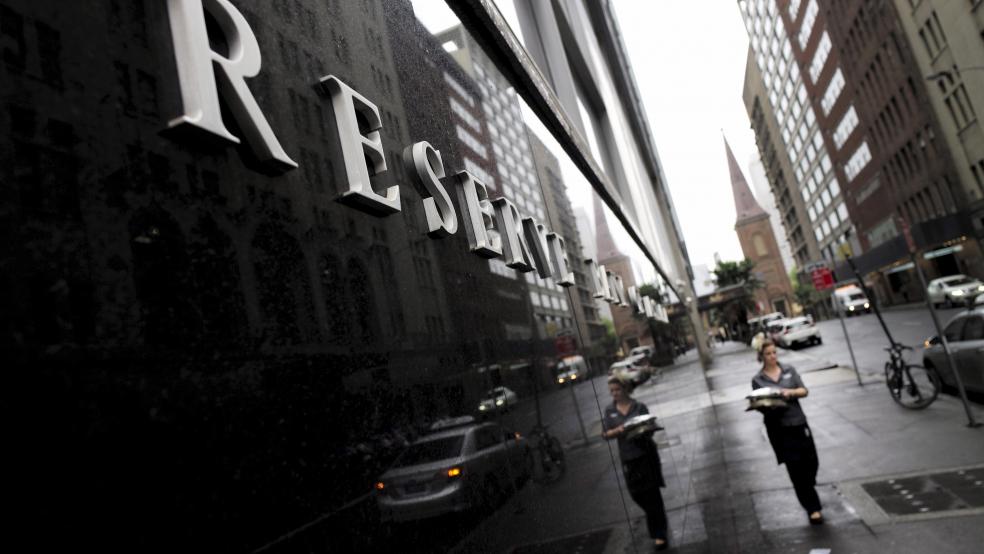NEW YORK (Reuters) - Reserve Bank of Australia Governor Glenn Stevens said Monday that rate cuts were not "useless," but that their potential had become more limited, and that he was optimistic on China's economy.
Speaking during a question and answer session in New York following prepared remarks before the American Australian Association, Stevens said: "There’s a tendency for people to say, 'well, things are still not quite strong enough, just keep cutting,' and I think you have to ask a few more questions than that and think about the channels through which it will be effective."While Stevens said that policy was "still effective" and that the central bank had not reached a position where lowering rates was "completely useless," he said the potential of the mechanism had become more limited since debt is already high and people have already begun spending more.The RBA cut interest rates to a record low of 2.25 percent in February, but the central bank surprised many analysts by skipping further moves at its policy meetings in March and April.Stevens' comments reiterated the sentiment of the prepared speech, in which he said that the RBA is willing to cut interest rates again if needed, but is cautious about the likely impact on house prices and debt levels.Stevens said that households were managing their debts well, but that he would feel "uncomfortable" with a "big rise in the debt burden."On the Chinese economy, Stevens said: "We watch China as closely as anybody of course, and that's a source of uncertainty inevitably. I still remain probably in the somewhat more optimistic camp than some, because I don't think it will all crash."He said China was "well-equipped" for the economic adjustments it was making but that it was a "work in progress and, inevitably, we can't be sure how that will turn out." China, whose exports contracted 15 percent in March, has significant trade links with Australia.Stevens also said he would be "surprised" if the Australian dollar does not fall further. Stevens said in the prepared remarks that the currency was "very likely" to fall further over time."I'd be a bit surprised actually if it doesn’t go down some more," he said. The Australian dollar was last down 0.8 percent at $0.7723. (Reporting by Sam Forgione; Editing by Diane Craft and Chizu Nomiyama)RBA's Stevens says rate cut potential limited but not 'useless'

© Jason Reed / Reuters



